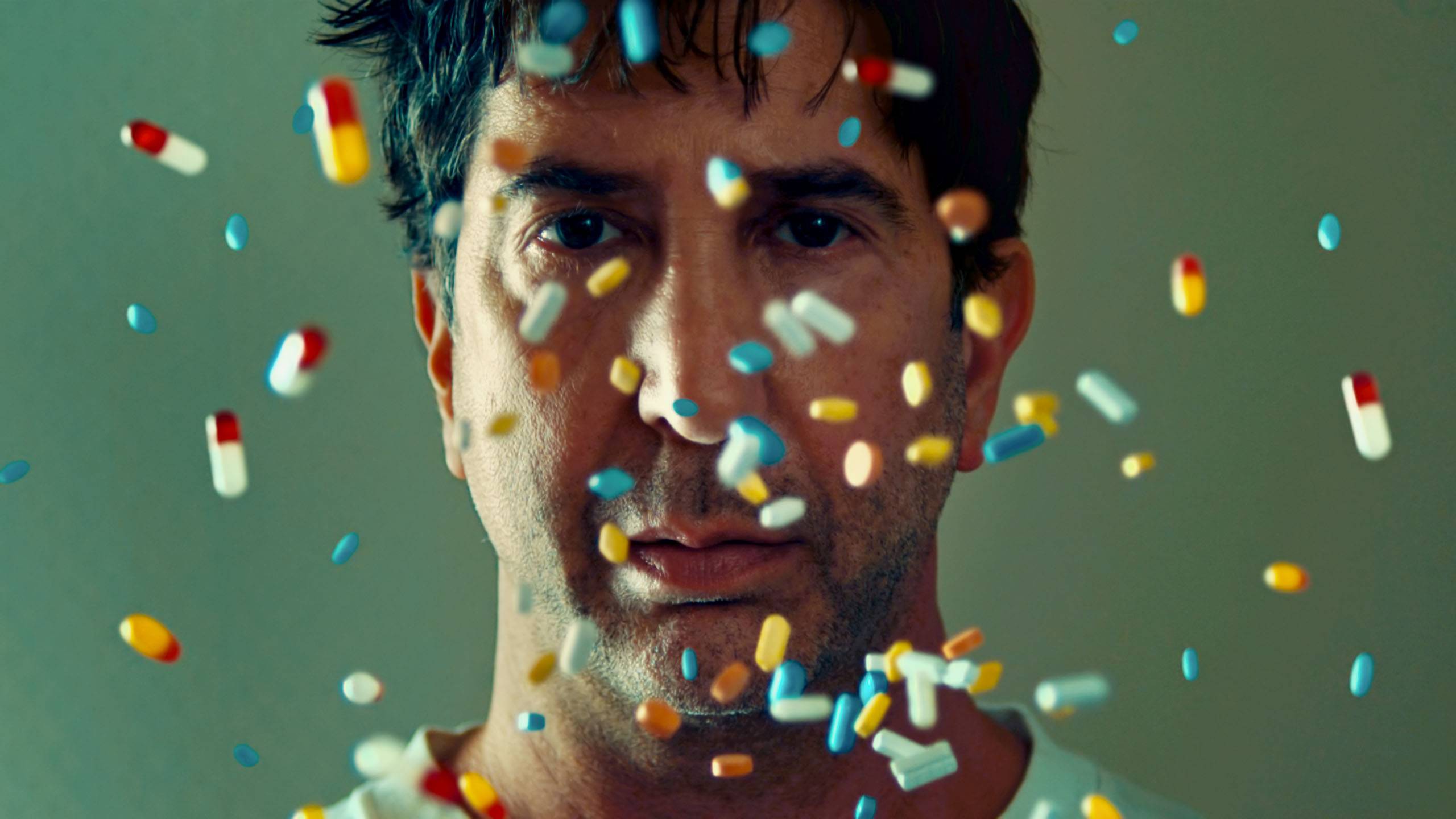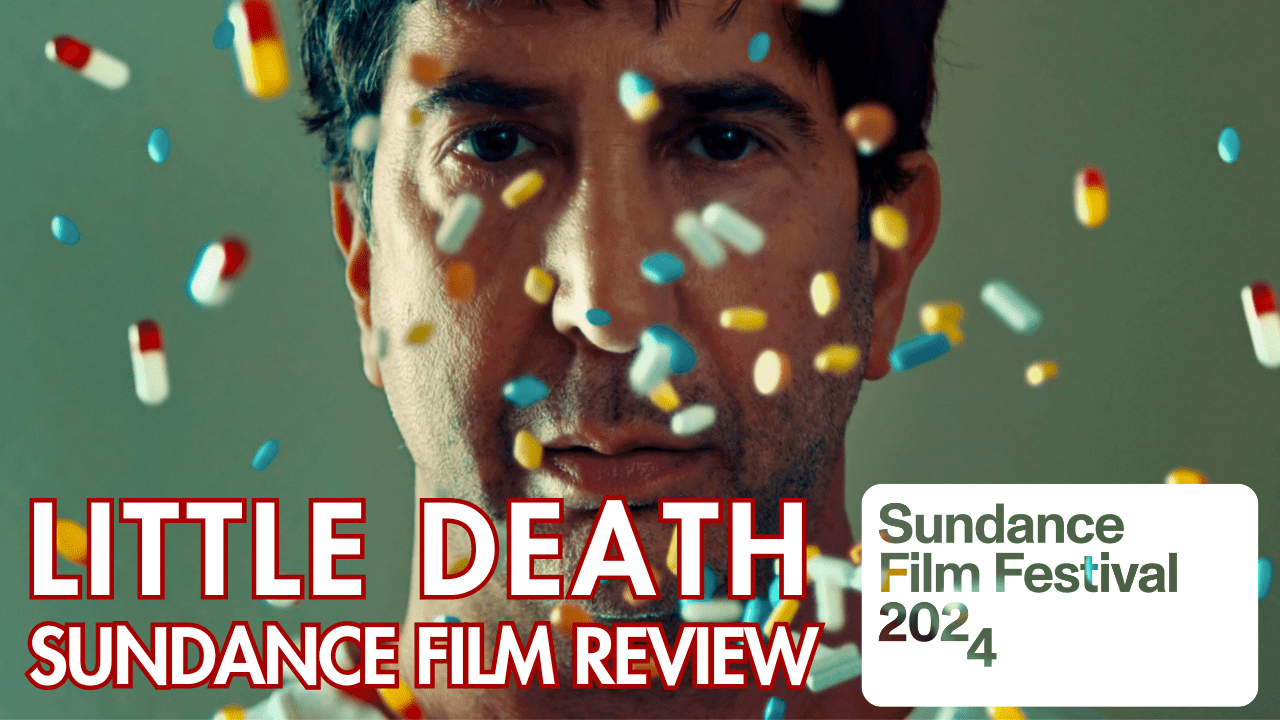LITTLE DEATH: Sundance Film Review

After chatting with Jack Berget and watching his debut feature film, Little Death, there is no doubt that he is a visionary director, willing and able to enact what he has developed in mind over the last nine years without compromise. Now, whether his vision will resonate with the masses is another conversation entirely.
He has already built himself a successful career as a director of music videos for A-List artists like Doja Cat, Kendrick Lamar, and even Sir Paul McCartney, but now Berget is turning his sights to a feature film. This was not a sudden turn – in fact, Berget has been developing some version of this script since film school a decade ago and created a proof of concept short titled “La Petite Mort”, which had a small festival run back in 2019. Still, it is one thing to create a micro-budget short compared to launching a feature with the potential to premiere at Sundance. Producer Noor…
Cue Darron Aronofsky and his production company Protozoa. It makes sense that Aronofsky would ultimately land as the most significant producer behind the project, as he has built his career out of taking risks and crafting subjective narratives that challenge traditional notions of storytelling. In Little Death, we have a postmodern surrealist journey, using AI art alongside more conventional CGI and VFX. This ultimately brings viewers inside the twisted mind of our first-half lead, played by David Schwimmer. For me, the foray into the surreal was where Berget’s vision shone through, and without exaggeration, represents one avenue on which the future of filmmaking will be taken. With so much discussion around the role of AI in film, Little Death shows the potential use of AI as a tool to elevate art rather than replace it.
Gaby Hoffman plays an alternate-gender version of Schwimmer (don’t worry – it’ll make sense), and she performs brilliantly. Her ability to share her internal state through both subtle and grand movements and expressions is commendable and perfectly complements her male counterpart.
This surrealist exploration of existential crisis is reserved only for the film’s first half, with the second half moving into the LA underbelly in an attempt to ground the narrative in discussions of mental health and substance abuse. Unfortunately, this tonal and visual shift does not quite land, and the audience is left wishing we could spend more time inside David Schwimmer’s unhinged psyche.
Dominic Fike plays our second-part protagonist. He puts forward a strong performance, even if some of his dialogue is a bit “on the nose”, and what is meant to be one of the film’s most dramatic moments with Talia Ryder turns into a glorified shouting match. By essentially creating two separate films within Little Death, Begert hopes to subvert our expectations of traditional narrative structure. This attempt is admirable in ambition but ultimately fails to create a cohesive story. Still, from a visual perspective, Begert has clearly demonstrated his potential as a filmmaker and offers a glimpse into what the future of filmmaking holds.
Congratulations to Jack Begert and the team for winning the NEXT Innovator Award presented by Adobe.
Full Video Review: HERE
More Sundance Coverage: HERE





Pingback: Sundance Film Festival 2025 Award Winners - Points of Review | Film Reviews